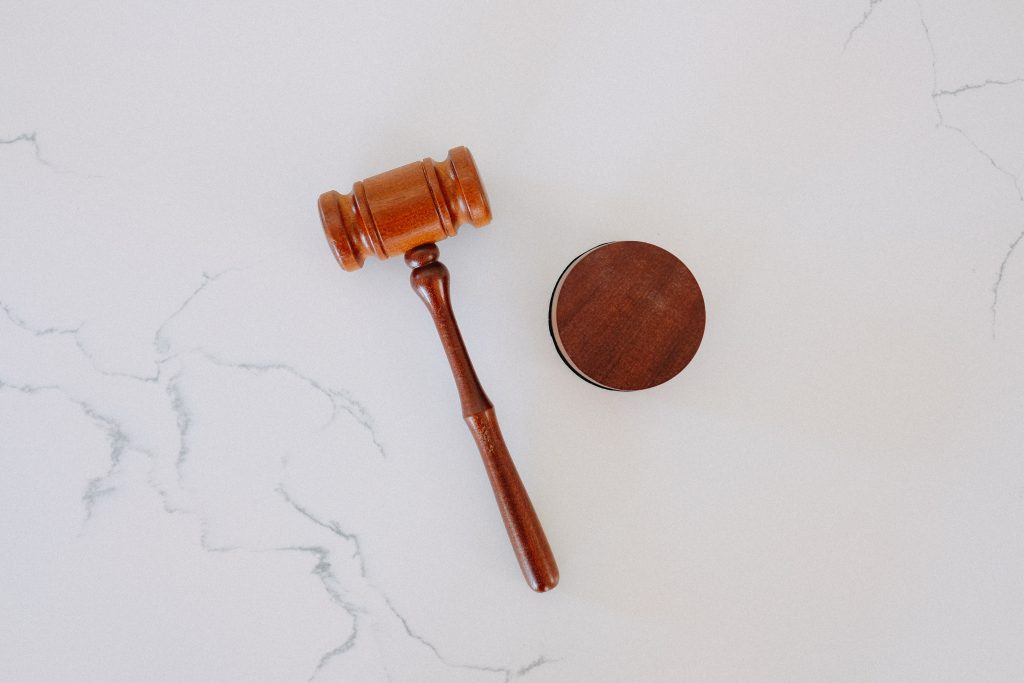With the COVID-19 pandemic wreaking havoc on global societies, employers have had to ask numerous legal questions regarding employees, contracts and financial interruptions. Francine Griessing, founder of Griesing Law, and Michael Torchia, managing member at Semanoff Ormsby Greenberg & Torchia, know this as well as anyone.
The two spoke to Fox School of Business students, faculty and staff members on Sept. 21 during “COVID-19: A Legal Toolkit for Business Operations and Workers’ Rights,” a virtual seminar sponsored by the Department of Legal Studies, which focused on how societies are now dealing with the unique financial and operational challenges brought on by COVID-19.
“There’s a variety of legal issues that arise with COVID-19,” says Samuel Hodge, Jr., a professor of Legal Studies, who coordinated the event. “Suits have been instituted against cruise lines for those who were stranded, and you have many businesses who have ceased operations and broken leases. You also have issues with employment, such as the difference between being furloughed and being laid off. There’s a plethora of legal implications relating to the coronavirus.”
With close to 100 attendees present for the Zoom seminar, Griesing spoke first about the thought processes behind insurance companies’ decisions on controversial COVID-19 issues.
“I believe the number one reason for lawsuits due to COVID-19 is because of insurance,” Griesing said.
Insurance companies, for example, are arguing that business interruption coverage only shields harm to organizational property and not losses caused by a disease outbreak.
“If there’s a flood, or if the government shuts down your business because the building next door or your own building has collapsed, the insurance company will afford coverage. However, with COVID, the carrier will say that there has been no insurable harm to your business,” Griesing said. “I think whether or not your workplace is physically harmed will be the biggest factor in receiving insurance.”
Torchia, who talked about employment law during his presentation, discussed topics like employers hiring new workers rather than reinstating employees and employers forcing employees to return to work during the COVID-19 pandemic or face consequences.
“If you think some people are against wearing a mask, wait until you tell them they have to get a coronavirus vaccine,” he said. “That’s a gray area that businesses will have to deal with in the near future.”
According to Torchia, one of the most controversial topics that will have to be addressed in future litigation is whether or not a company will be liable if someone catches the virus while at work.
“I think the biggest problem for the employee will be to prove whether or not they got the virus from work,” Torchia said.
These questions will continue to be discussed over the next few years due to COVID-19’s lingering effects in the business world. Because of that, Fox Legal Studies students will work on these types of cases upon graduating.
For more information on the event, contact Hodge at shodge@temple.edu. A recording of the program can be viewed here.
Originally published at Fox.Temple.edu

